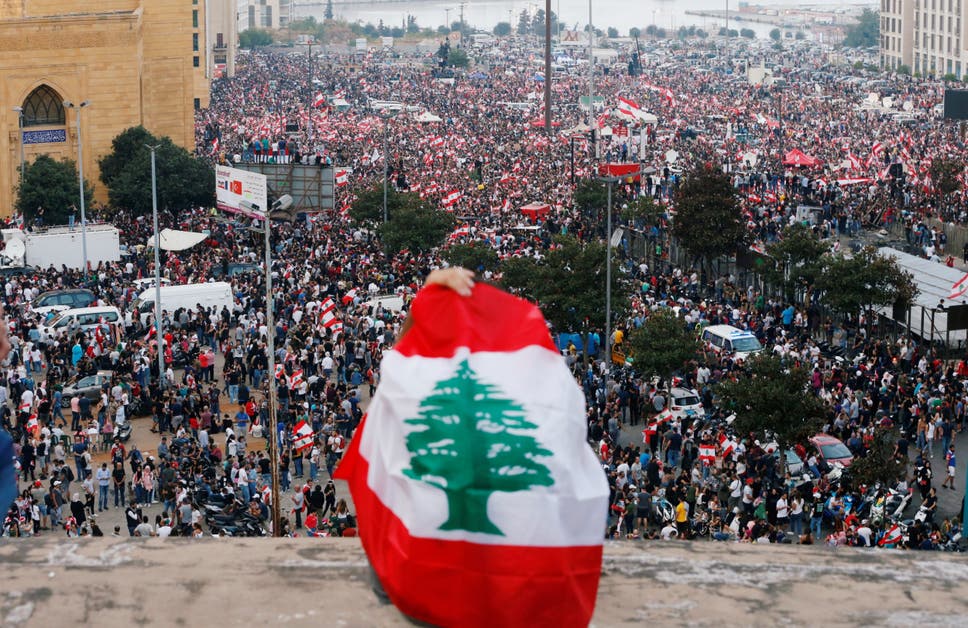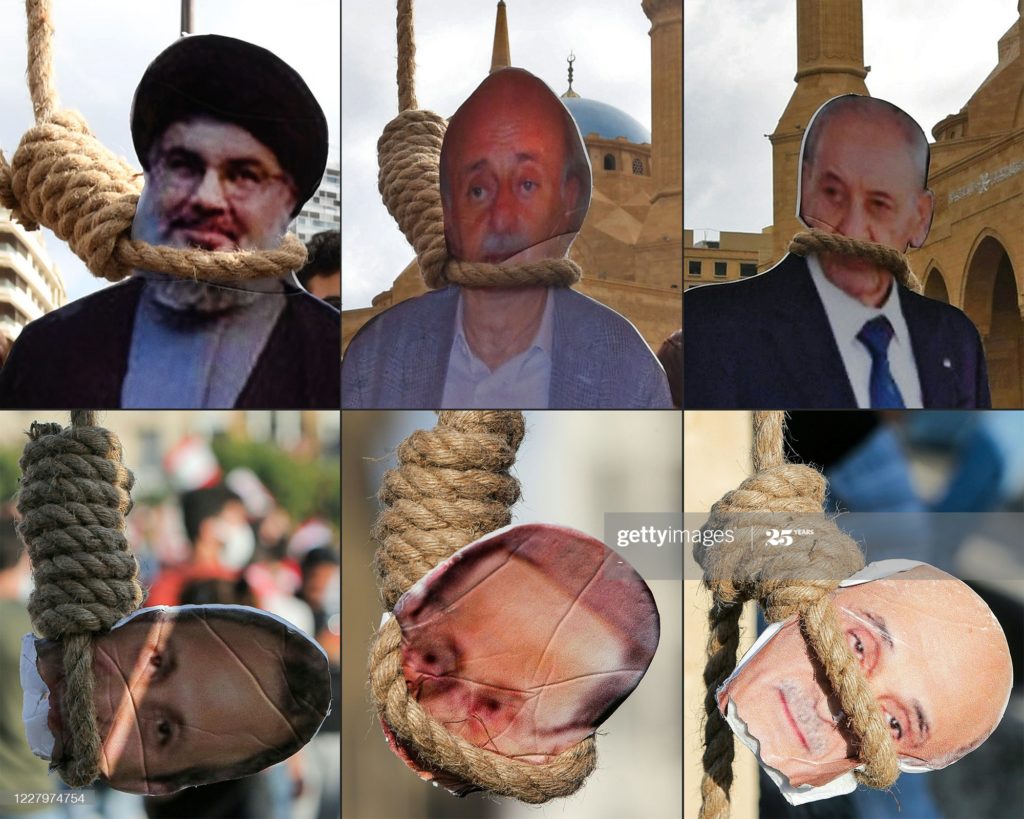
Western diplomats and international officials told Asharq Al-Awsat that many countries were discussing imposing sanctions on Lebanese officials, including freezing of funds and travel bans, amid “grave concern” about the inability to form a new government that could implement “painful reforms” to save the country.
A Western diplomat stressed that all Security Council members were “extremely concerned” about the situation in Lebanon, referring to what he called “structural failure” to form a new government that could implement “painful reform” in the “administration, the financial sector and the economy.”
He revealed that sanctions were a constant possibility, which was discussed at many levels across capitals.
Asharq Al-Awsat learned that the United States, the European Union and many Arab countries “are seriously studying this option.”
“Money is important in Lebanon, so when you freeze the assets of some Lebanese billionaires, they will not like it very much,” said the diplomat, who asked not to be named.
He added that the freezing of assets could be more convincing, and “so is the case with imposing a travel ban on Lebanese personalities involved in corruption.” But the diplomat declined to mention the names of the politicians who could be sanctioned.
However, the proposed sanctions were not discussed during the recent session of the Security Council on Lebanon, during which the acting UN Special Coordinator for Lebanon, Najat Rushdi, delivered a briefing on the situation in the country.

In remarks to Asharq Al-Awsat, Roshdi said that she urged the Security Council to trust Lebanon’s potential.
“Please do not despair of this country, because the potential is there. The situation is an accumulation of problems from the banking system, which may not have had the right management, correct governance and good legislation,” Roshdi told the Security Council.
She added: “There are many countries where there are problems of impunity, bad governance, corruption and others. But in those countries, I did not see the same level of capabilities as I saw in Lebanon.”
The Western diplomat pointed to “anger and frustration” among foreign capitals because of “the inaction of the Lebanese leaders, who are taking advantage of the system and not trying to help the Lebanese who are suffering a lot” because of the collapse of the value of their national currency.
Asharq Al-Awsat

Leave a Reply
You must be logged in to post a comment.